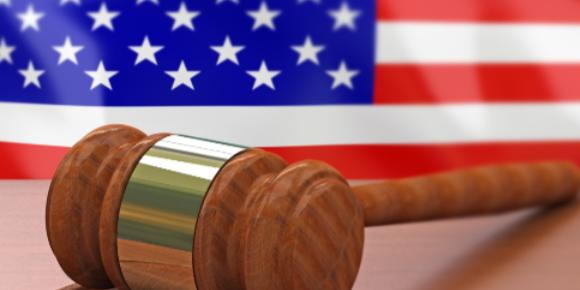
- posted: Aug. 07, 2024
- Personal Injury, Slip & Fall
Premises liability is a critical component of “trip and fall” personal injury law that mandates property owners to be accountable for accidents and injuries that transpire on their premises. The Licatesi Law Group, is dedicated to representing individuals who have sustained injuries as a result of a slip and fall from a hazardous or defective condition on the property of another individual. Slip and fall accidents are a prevalent form of premises liability case that we manage. These incidents may be the consequence of a variety of hazardous conditions, including damp floors, irregular surfaces, or inadequately maintained sidewalks or walkways. The legal concepts of constructive notice and actual notice, the responsibilities of property owners, and a recent victory by Michael Licatesi in the appellate division will be the focus of this blog post.
Slip and fall incidents may occur in a variety of locations, including grocery stores, private homes and apartment complexes. In New York, it is the responsibility of property proprietors to ensure that their premises are in a reasonably secure condition. This obligation encompasses the removal of hazards or the notification of visitors to potential hazards. Nevertheless, not all trip and fall accidents result in liability. To establish a successful claim, the injured party must demonstrate that the property proprietor was negligent.
In a slip and fall case, negligence is the act of demonstrating that the property owner was aware of or should have been aware of the hazardous condition that resulted in the accident and neglected to take the necessary remedial action. The concepts of constructive notice and actual notice are crucial in this context. The property owner is directly informed of a hazardous condition, which is when actual notice occurs. For instance, the property owner is informed of the hazard if an employee informs their superior of a leak on the floor. In such instances, it is anticipated that the proprietor will promptly resolve the matter in order to prevent accidents. Constructive notice, on the other hand, pertains to circumstances in which a property proprietor should have been aware of the hazardous condition, regardless of whether they were explicitly informed. This can be demonstrated by demonstrating that the hazardous condition existed for an extended period of time, during which the property owner should have been able to identify it through reasonable inspection and maintenance. For example, the property owner may be held accountable for injuries that result from a slip and fall if a liquid is left on the floor for an extended period without being cleared up, as they should have been aware of the hazard. The same is true for a slip and fall accident on snow or ice.
In New York, property proprietors are obligated to maintain their premises with reasonable care. This obligation encompasses the timely resolution of identified hazards, the implementation of routine inspections, and the notification of visitors regarding potential hazards that cannot be immediately resolved. The specific responsibilities of a property proprietor may differ based on the nature of the visitor and the type of property. For example, business proprietors are obligated to exercise a greater degree of concern toward their patrons than they are toward trespassers. In the event that a property proprietor neglects to fulfill these obligations, they may be held accountable for any injuries that result. Medical expenses, lost wages, pain and suffering, and other damages may be compensable for victims of slip and fall accidents.
At The Licatesi Law Group, we are dedicated to ensuring that our clients receive justice. In a premises liability case that involved a slip and fall accident, our own Michael Licatesi recently secured a substantial victory in the appellate division. The plaintiff was injured in this instance when he fell on a defective step at a commercial property. The property owner argued that the slope of the step was in compliance with the New York State Building Code in an effort to avoid liability. Nevertheless, this assertion was refuted by Michael Licatesi and our legal team, as evidenced by the testimony of an expert witness. Our expert presented compelling evidence that the step's slope did not meet the necessary regulatory standards, thereby establishing that the property owner had constructive notice of the defect. The Appellate Court affirmed that the plaintiff's injuries were directly caused by the property owner's negligence in failing to maintain the premises in a secure condition. The Appellate Court sided with the plaintiff. This victory emphasizes the significance of holding property owners accountable for their obligations and guaranteeing that victims receive the compensation they are legally entitled to.
Physical injuries, emotional distress, and financial hardships are among the severe repercussions of slip and fall incidents. In premises liability cases, we comprehend the intricacies and are committed to advocating for our clients' rights at The Licatesi Law Group. It is the responsibility of the property owner to ensure the safety of their property, regardless of whether they had actual or constructive notice of a hazardous condition. If you or a loved one has sustained injuries in a slip and fall accident, please do not hesitate to reach out to our team of experienced professionals for a free consultation. We are available to assist you in navigating the legal process and obtaining the compensation you are entitled to. Call us today at (516) 227-2662.


